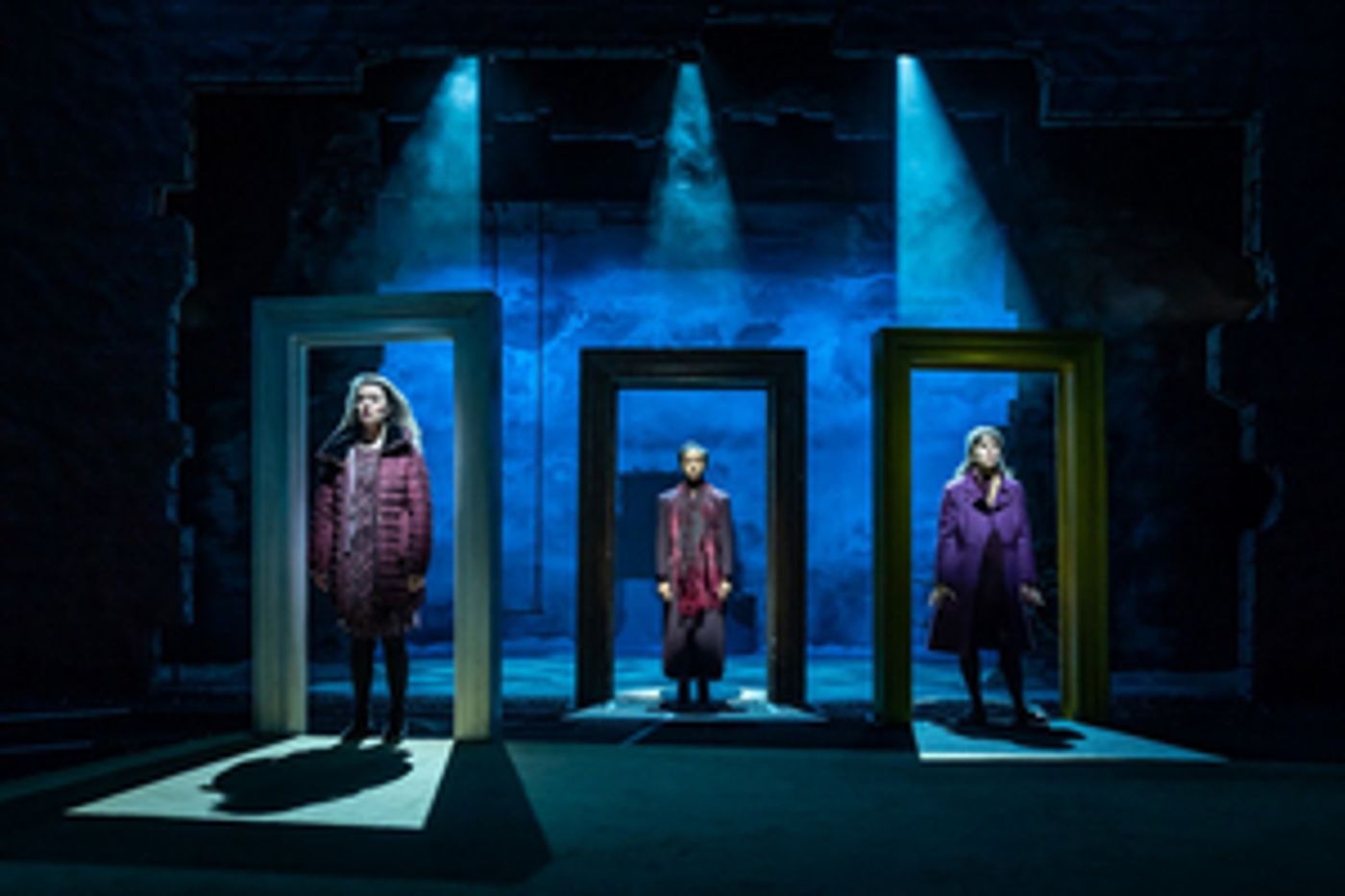Review: NORA: A DOLL'S HOUSE, Young Vic

![]() Three distinct doorways separate three different time periods. Between them stands three Noras, played superbly by Natalie Klamar, Amaka Okafor, and Anna Russell-Martin. The eras they occupy are a post-war 1948, a vibing 1968, and a more contemporary 2018. The women are subject to political, personal and societal suffocation.
Three distinct doorways separate three different time periods. Between them stands three Noras, played superbly by Natalie Klamar, Amaka Okafor, and Anna Russell-Martin. The eras they occupy are a post-war 1948, a vibing 1968, and a more contemporary 2018. The women are subject to political, personal and societal suffocation.
A tyrannical husband, performed by a playful yet menacing Luke Norris, oppresses the women. Each of them is unable to escape the confines of the living space. The play maps three different political moments in feminism against patriarchy. Progress in the women's worlds is happening, but it seems to be moving too slow.
The narrative of the play remains the same as Henrik Ibsen's original. Nora is threatened with the exposure of a horrific secret, causing her to lose herself with worry, before then rediscovering her identity and sense of self-worth - leaving her husband and three kids behind to start a new life.
The characters and their different worlds are well fleshed out, and there are some interesting moments in Elizabeth Freestone's production. The snappy back-and-forth between periods allows every actor to show off their impressive multi-roling skills, whilst at the same time the performers give us new accents, mannerisms and quirks. It can be exciting to watch.
Stef Smith's adaptation of Ibsen's famous play feels radical in moments, however it quickly fizzles into something quite sluggish. One of the piece's main problems is that it's very long. Lasting nearly two hours without an interval, the play drags without enough excitement to retain full attention. More activity is required; you cannot help but get fidgety and fade out of focus.
We see great performances, but even that isn't enough to make us want to sit and listen. If you're familiar with Ibsen's original, then this reimagining - regardless of its new twist - doesn't feel more exciting than the original.
Nora: A Doll's House at the Young Vic until 21 March
Photo: Marc Brenner
Reader Reviews
Videos

